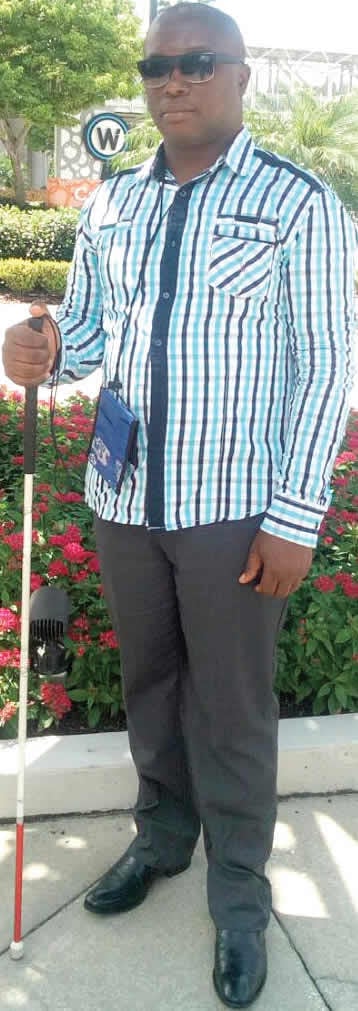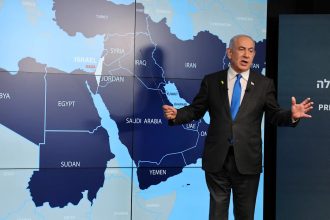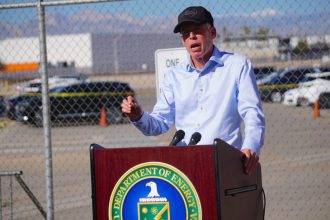The National Association of the Blind has called for greater access to training and ICT support for its members across Nigeria.
The National President of the association, Mr Stanley Onyebuchi, made the appeal in Uyo, Akwa Ibom State, on Thursday during the commemoration of the 2025 International White Cane Safety Day, themed “Vision Beyond Sight.”
He expressed appreciation to the Akwa Ibom State Government for promoting inclusive policies through its ARISE Agenda, while urging both federal and state authorities to prioritise skill development and digital empowerment for visually impaired persons.
“I want to express our gratitude to the Akwa Ibom State Government for the inclusion of people living with disabilities in governance. We also demand adequate training and ICT support for our members,” Onyebuchi said.
The event was organised by the Akwa Ibom State branch of NAB, in partnership with the Ministry of Humanitarian Affairs, and sponsored by Total Inclusion Limited, Guaranty Trust Bank, and First Bank of Nigeria Plc.
In her remarks, the state Commissioner for Humanitarian Affairs, Princess Emem Ibanga, described the White Cane Day as “a celebration of courage, strength, and achievement” of blind and visually impaired persons, noting that “sight is a gift, but vision is a choice.”
She commended the state governor, Pastor Umo Eno, for his humanitarian leadership and inclusive policies, saying his administration “truly reflects the heart of a shepherd — one that sees ability, not disability, and recognises every Akwa Ibomite as a stakeholder in the ARISE Agenda.”
Also speaking, the Chief Executive Officer of Total Inclusion Limited, Mr David Okon, described the white cane as more than just a mobility aid, calling it “a symbol of independence, dignity, and self-reliance for blind people.”
He, however, stressed the importance of proper orientation on its use, saying that “without training, the cane becomes useless.
“It is good to have a white cane, but without proper training and usage, it is useless to you. Each local government should employ mobility and orientation officers who will assist blind persons in familiarising themselves with their surroundings,” he said.
Okon, who is also visually impaired and a senior director with First Bank, appealed to the public to stop removing manhole covers and urged government agencies to close open drainages, noting that such hazards pose serious dangers to visually impaired persons.
In his welcome address, the Akwa Ibom State Chairman of NAB, Mr Nsikak Udoh, said the 2025 celebration signified a renewed commitment to accessibility, inclusion, and empowerment through collaborative efforts and impactful action.
He said, although the cane grants mobility, society must “remove both physical and attitudinal barriers” that continue to limit visually impaired persons, adding that “Nigeria must move from policy to practice and from intentions to impact.”
One of the resource persons, Mr Ubong Udo, who spoke virtually from Australia, emphasised the importance of education and accessible learning tools for the blind.
“Our problem is not that we are blind, but the inability of the sighted to recognise our opinions and think we need them to decide for us. Is the government giving us the education we deserve? What is the ideology behind employing a blind person without providing tools to work? Is the employment based on charity?” he queried.
He added, “We want an Akwa Ibom where employment and education are accessible to all — without discrimination or protest.”









